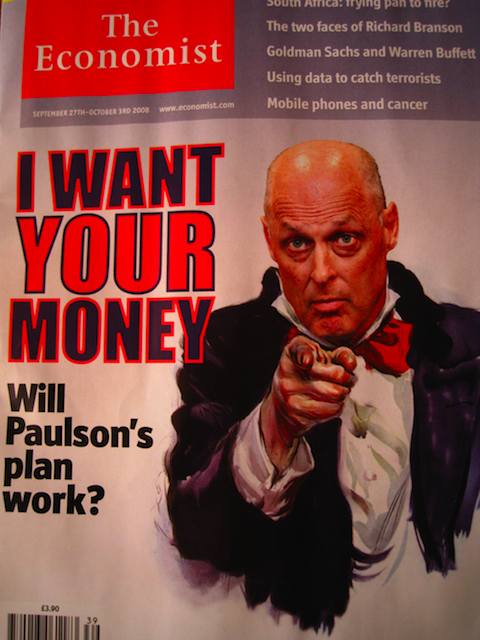This is the headline on an interesting piece in last week’s Economist about the effect of the web on scientific publishing. Excerpt:
Peer-review possesses other merits, the foremost being the ability to filter out dross. But alacrity is not its strong suit. With luck a paper will be published several months after being submitted; many languish for over a year because of bans on multiple submissions. This hampers scientific progress, especially in nascent fields where new discoveries abound. When a paper does get published, the easiest way to debate it is to submit another paper, with all the tedium that entails.
Now change is afoot. Earlier this month Seed Media Group, a firm based in New York, launched the latest version of Research Blogging, a website which acts as a hub for scientists to discuss peer-reviewed science. Such discussions, the internet-era equivalent of the journal club, have hitherto been strewn across the web, making them hard to find, navigate and follow. The new portal provides users with tools to label blog posts about particular pieces of research, which are then aggregated, indexed and made available online.
Although Web 2.0, with its emphasis on user-generated content, has been derided as a commercial cul-de-sac, it may prove to be a path to speedier scientific advancement. According to Adam Bly, Seed’s founder, internet-aided interdisciplinarity and globalisation, coupled with a generational shift, portend a great revolution. His optimism stems in large part from the fact that the new technologies are no mere newfangled gimmicks, but spring from a desire for timely peer review…


